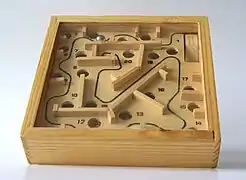The Games Portal

A game is a structured form of play, usually undertaken for entertainment or fun, and sometimes used as an educational tool. Many games are also considered to be work (such as professional players of spectator sports or games) or art (such as jigsaw puzzles or games involving an artistic layout such as Mahjong, solitaire, or some video games).
Games are sometimes played purely for enjoyment, sometimes for achievement or reward as well. They can be played alone, in teams, or online; by amateurs or by professionals. The players may have an audience of non-players, such as when people are entertained by watching a chess championship. On the other hand, players in a game may constitute their own audience as they take their turn to play. Often, part of the entertainment for children playing a game is deciding who is part of their audience and who is a player. A toy and a game are not the same. Toys generally allow for unrestricted play whereas games present rules for the player to follow.
Key components of games are goals, rules, challenge, and interaction. Games generally involve mental or physical stimulation, and often both. Many games help develop practical skills, serve as a form of exercise, or otherwise perform an educational, simulational, or psychological role. (Full article...)
Selected article -
Dragon kill points or DKP are a semi-formal score-keeping system (loot system) used by guilds in massively multiplayer online games. Players in these games are faced with large scale challenges, or raids, which may only be surmounted through the concerted effort of dozens of players at a time. While many players may be involved in defeating a boss, the boss will reward the group with only a small number of items desired by the players. Faced with this scarcity, some system of fairly distributing the items must be established. Used originally in the massively multiplayer online role-playing game EverQuest, dragon kill points are points that are awarded to players for defeating bosses and redeemed for items that those bosses would "drop". At the time, most of the bosses faced by the players were dragons, hence the name.
While not transferable outside of a particular guild, DKP are often treated in a manner similar to currency by guilds. They are paid out at a specified rate and redeemed in modified first or second price auctions, although these are not the only methods by which DKP may be redeemed or awarded. However, Dragon kill points are distinct from the virtual currencies in each game world which are designed by the game developers; DKP systems vary from guild to guild and the points themselves only have value in regard to the dispersal of boss "loot". (Full article...)Did you know? -
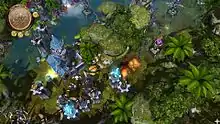
- ...that in 1967, Mac Hack became the first computer chess program to defeat a person in tournament play?
- ...that a reviewer called the narrator in the game Defenders of Ardania (pictured) "booze-obsessed", with a voice that sounds like "a Dalek doing an impression of Sean Connery"?
- ...that snooker player Stephen Maguire won his first ranking tournament at the 2004 European Open in Malta?
- ...that the Crawford-Gilpin House is alleged to have once changed owners due to being lost as a wager in a poker game?
- ...that The Big Bang Theory episode "The Santa Simulation" features a Christmas-themed Dungeons & Dragons game?
General images
Subcategories
Related portals
WikiProjects
- WikiProject Games
- WikiProject Video games
Things to do
 |
Here are some tasks awaiting attention:
|
Selected picture
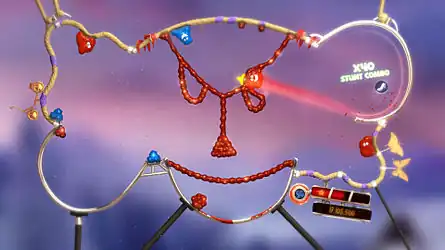
A screenshot from the Xbox Live Arcade game The Splatters showing a level in play
Associated Wikimedia
The following Wikimedia Foundation sister projects provide more on this subject:
-
 Commons
Commons
Free media repository -
 Wikibooks
Wikibooks
Free textbooks and manuals -
 Wikidata
Wikidata
Free knowledge base -
 Wikinews
Wikinews
Free-content news -
 Wikiquote
Wikiquote
Collection of quotations -
 Wikisource
Wikisource
Free-content library -
 Wikiversity
Wikiversity
Free learning tools -
 Wiktionary
Wiktionary
Dictionary and thesaurus
-
 List of all portals
List of all portals -

-

-

-

-

-

-

-

-

-
 Random portal
Random portal -
 WikiProject Portals
WikiProject Portals




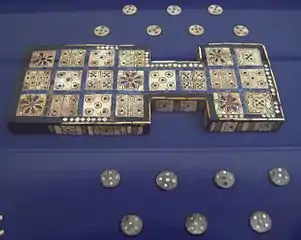
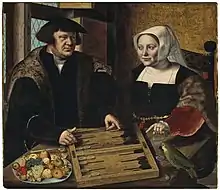
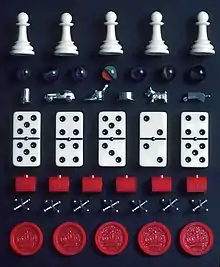

_in_Croatia.2.jpg.webp)

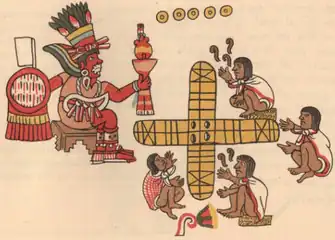
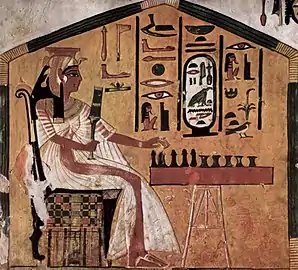

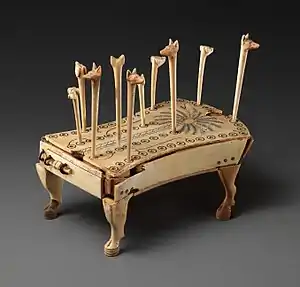



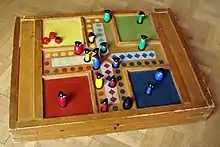

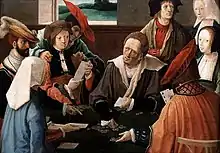


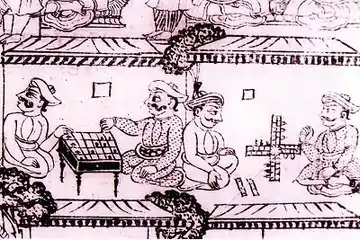


.jpg.webp)

